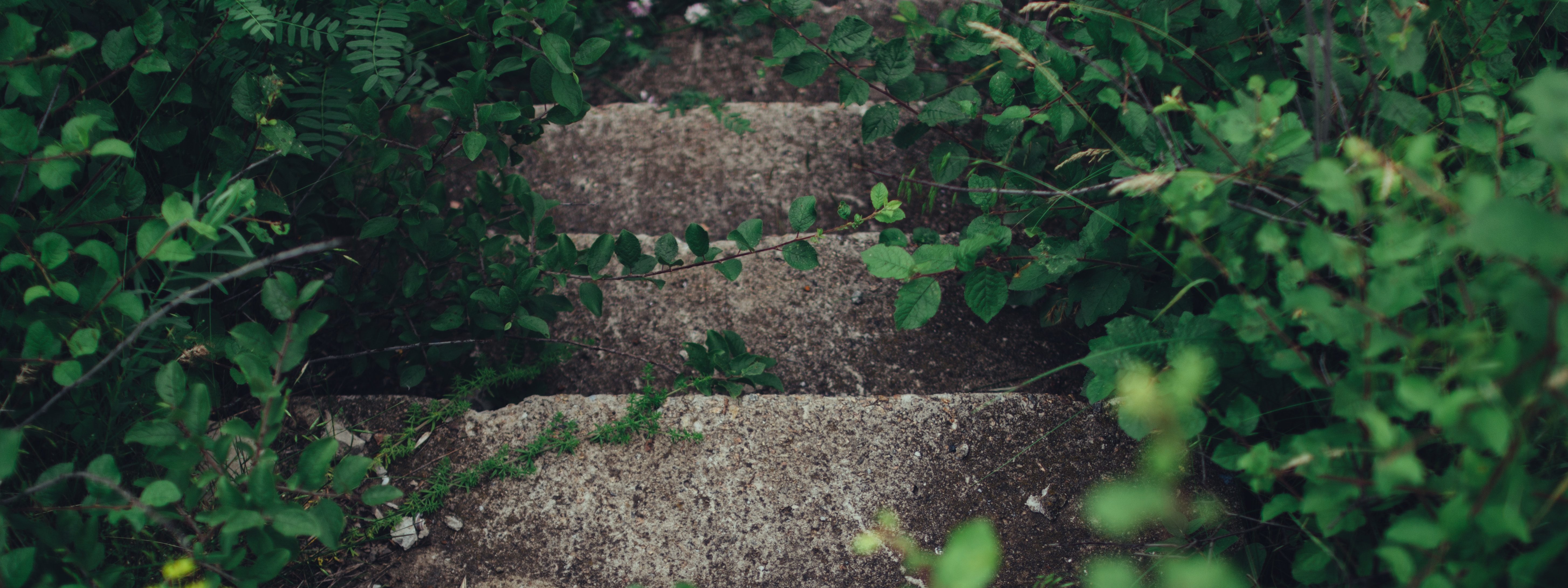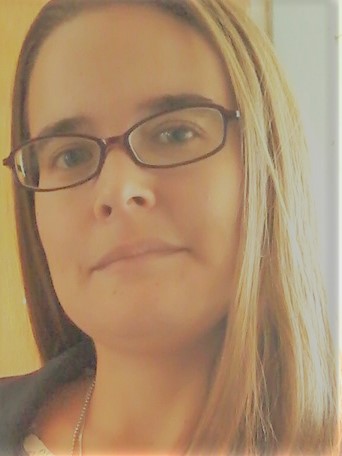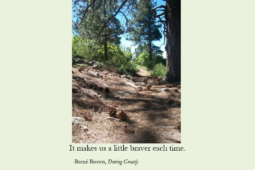Sometimes changing your situation can be daunting. Where do you start? When do you start? What if you know what you want vaguely (increased income, healthy relationships, better job), but you do not know what it looks like to attain what you want? What then? It can be daunting when you are in this place. It might even become discouraging if you stay in this place for a long time.
Goal setting is not a resolution.
I was never one to set New Year’s Resolutions.
There was all this talk about people going to the gym and then they would stop after a few months. It didn’t work for them, so I had no motivation to try it for myself. Putting effort into something only to give up did not sound very effective.
I entertained the idea of setting a resolution – you know, once or twice – because everyone else was talking about it, but I was never someone that saw the value in setting resolutions in the way that they were presented to me. So for me to write about goal setting…something has changed in how I view working towards those things I want to happen one day.
Goal setting is more than saying that you want to change this or that.
Goal setting is an attitude change.
The first thing I had to do before I set any goals was rid myself of negative and limiting thoughts that had ingrained themselves into my discouraged being. How could I dream of the future and believe that I really could attain these big dreams for a better life, if I held on to the self-doubt and self-deprecating thoughts? Read my post on limiting beliefs.
Another important part of the goal setting journey is getting to know yourself. For goal setting to work, you need to know you. You need to know what it is that you want in the future. This is an ongoing process. The more you know yourself the better you can craft goals that you will achieve. Read my post on developing a personal reflection habit.
Give yourself permission to stand out.
I know the struggle of standing out. I know it is difficult to do things differently than what others expect. Whether it is because the process outlined is different from the way you want to go, or because you have a different outlook entirely.
A lesson that I have learned in this goal setting journey, of changing my attitude and knowing that my changing might cause me to stand out from the crowd, is that finding people that are willing to stand out in the crowd with you can keep you going when you lack the strength.
Embrace that in order to go where you want to go you might have to do things differently.
Read the following quotes from some of my virtual mentors:
To be at a healthy weight in a country with a population that is 70% overweight, you have to be different from most people. – Stephen Guise, author of Mini Habits for Weight Loss
If you will live like no one else later you can live like no one else. – Dave Ramsey, financial mentor
Be the exception. – Darren Hardy, success and productivity mentor
As I continue on my personal development journey I notice that my behavior is more and more focused on my own choices. I have come to the realization that if I want to make progress, I often need to step outside of what not only has become a habit for me…but what is also considered normal behavior for an American in the twenty first century.
My high school year book quote was “What is popular is not always right. What is right is not always popular.” In those days I was mostly focused on the truth of this in terms of religious beliefs. Yet as you can see from the above quotes, there are other instances where we would benefit from evaluating our decisions and actions to consider options that are different from what everyone else embraces.
It is because I am surrounding myself with the work of those quoted above and others focused on personal growth and behavior change that I am learning to give myself permission to stand out and do things differently.
Where do you start? When you start? Start here. Start now.
If you want to change your situation, setting goals in the areas you want to change will help you move forward.
To get started:
- Reframe your limiting beliefs.
- Embrace the positive and allow yourself to dream.
- Get to know yourself.
- Let yourself stand out where it is important and find others to stand out with you.
- Dare to do things differently.
I’ll talk more about goal setting in the next post.
I’d love to hear from you. Do you have a vision of what you want to attain or are you struggling with clarity?





 One behavior change at a time.
One behavior change at a time.







Recent Comments